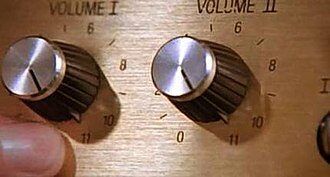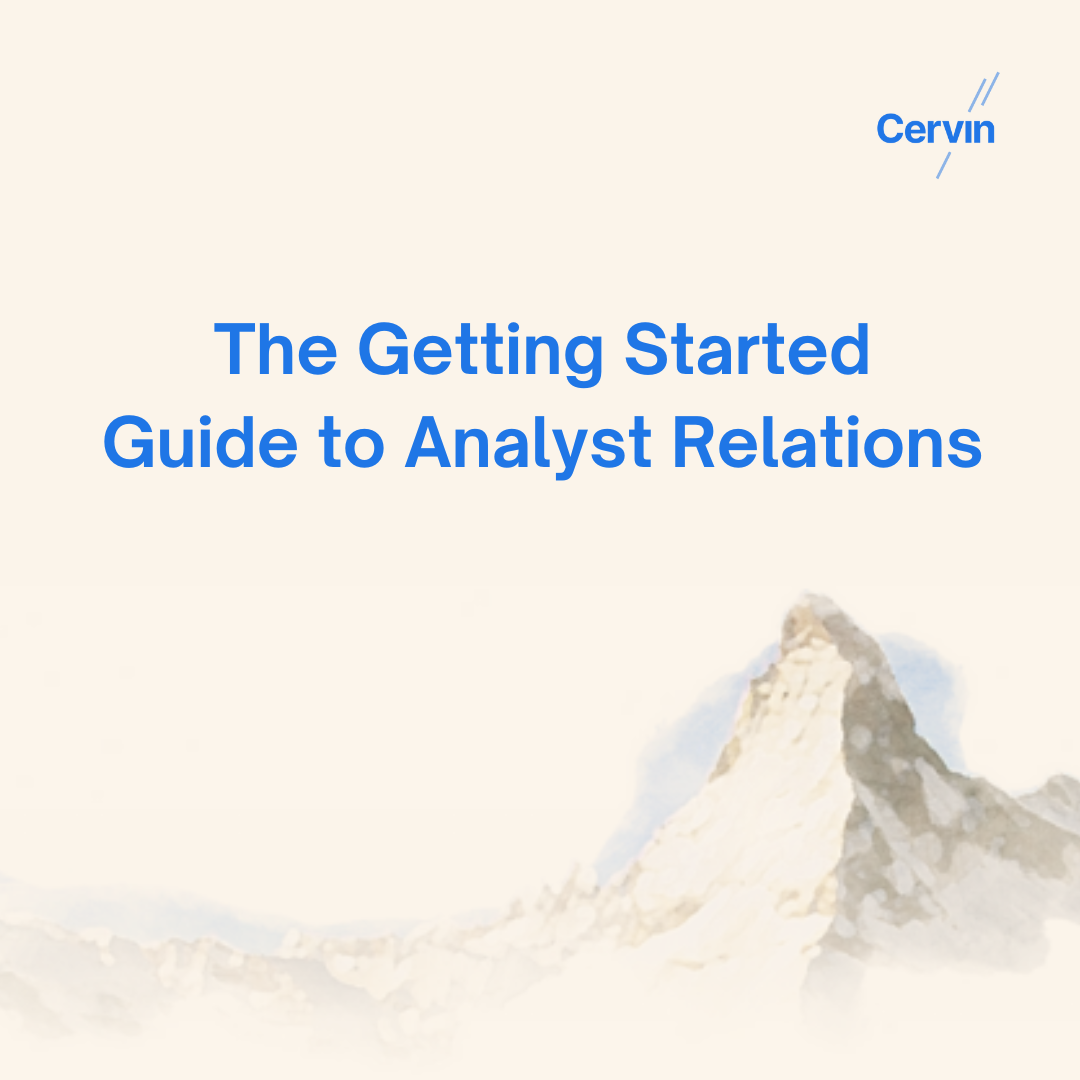Are we in a recession? If you asked a dozen people around a table, there would be no unanimous answer. It takes two quarters of negative economic growth to officially call it a recession, and half way through 2022 the answer is still inconclusive. However, this piece focuses on something more everlasting - Products that transcend economic cycles - and the reasons they can do so.
Product-minded founders are able to create generational products in any economic cycle. In many ways, the harder the times and the more challenges those founders overcome, the more certain they can be that the product they’re building is needed in the world. Apple, Google, Slack, and Zoom, among other recession-proof companies, have been able to withstand the test of time and proven that the products that they launched meet a fundamental need.
A recession, or a time of contraction, forces both individuals and companies to reevaluate what really matters to them and how they should spend their finite resources, i.e. time and money. There is little room for “nice to have products or activities,” only priorities that are truly “must have or do” count. Thus, the shift in spending and behavior in a recession can be dramatic. Luckily, such shifts create new opportunities for must-have products to shine. Just like diamonds that get polished under high pressure, the best companies and products come out of the hardest times.
The founders who have this notion focus on what really matters for building world-changing companies and create products that:
1) Solve a real problem.
2) Deeply resonate with people.
3) Help realize the founder's vision for the future.
If a product has the above characteristics, then Retention, Engagement, and Growth happen organically and do not need to be “hacked”. High retention and engagement lead to consistent growth, which in turn helps weather a downturn as people stick around for as long as they need the product.






